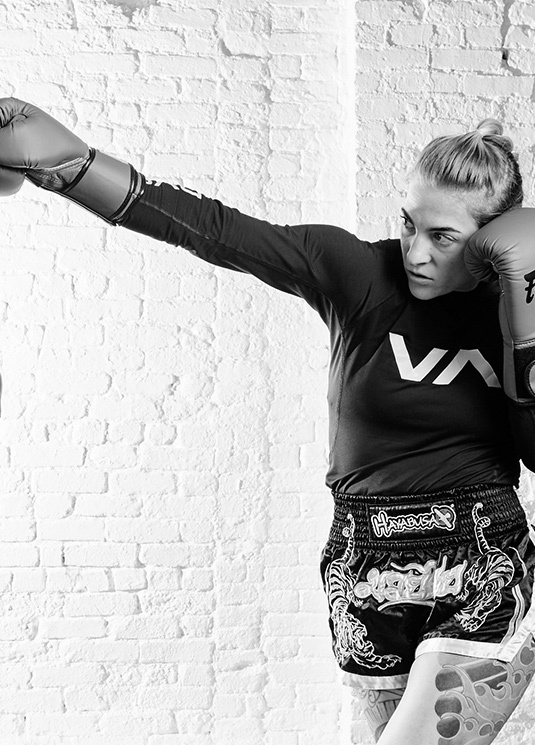One night, a few years ago, a close friend of mine was walking to his apartment from the train station. It was late; at the time he was working as a line cook in a restaurant and getting out well after 1AM was the norm most nights. The street was fairly well-lit, and it was one he had walked down many times before. There was nothing particularly unusual about this walk home, until he noticed another man on the sidewalk a bit further down the street. He sensed something was off; the man had a strange presence and my friend felt the sudden urge to flee. His rational mind told him that this was ridiculous. He was exhausted from his 12-hour shift and nearly home, and there was no need to take a detour just because he had a funny feeling about some random stranger. Not only was this feeling likely wrong, he thought, but he also had his work knife kit with him to protect himself if need be. As he approached the man, the feeling intensified, but he ignored it and kept walking. When he got closer, he noticed that the man had his back to him so he sped up to pass by quickly. Suddenly the man turned around, screamed in his face, punched him in the stomach, then the face, and ran away. My friend was left stunned, terrified, furious and in a considerable amount of pain. The man didn’t seem to want anything; he asked for no money or valuables and he certainly hadn’t been provoked. He just wanted to attack someone, so he did.
This situation was entirely preventable. When people talk about self-defense and Krav Maga, the focus is often on the physical act of defending yourself: the techniques, the explosiveness, and the aggression. While learning how to physically defend yourself is a critical aspect of Krav Maga, the reason we are also taught about intuition and deescalation is because fear and intuition are two of the best tools we have for predicting and preventing violence. It is important to understand that the things that cause us alarm are doing so for a reason: that when it comes to danger, intuition is always in response to something. It always has your best interest at heart. It is your body’s response to a perceived danger so that you may recognize it and keep yourself from harm. Of course, “…not everything we predict will come to pass, but since intuition is always in response to something, rather than making a fast effort to explain it away or deny the possible hazard, we are wiser (and more true to nature) if we make an effort to identify the hazard, if it exists. If there’s no hazard, we have lost nothing and have added a new distinction to our intuition, so that it might not sound the alarm again in the same situation.” (De Becker, Gavin. The Gift of Fear And Other Survival Signals That Protect Us from Violence. Dell Publishing, 1997). Rather than fight it, my friend could have trusted his intuition and crossed the street to avoid the man who made him uncomfortable. At worst, he could have been wrong and he would have gotten home five minutes later, safe and unharmed.
My friend learned an important lesson that night, and it’s one I keep in mind every time I step into a Krav class or walk down the street. We must use all of the tools at our disposal, both mental and physical, to thwart attacks and ensure our safety and the safety of those around us.
By: Mirna Turina, Assistant Instructor
